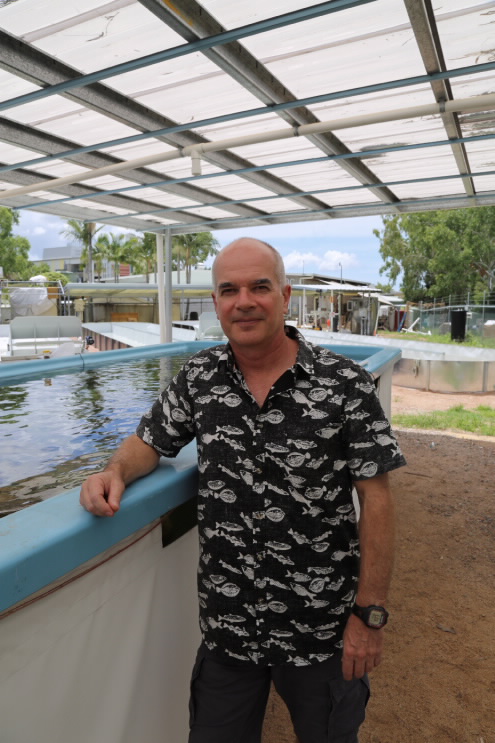Media Releases
JCU in major study with Saudi University

James Cook University and a major Saudi Arabian university have kicked off a three-year joint study that could take climate change research into completely new territory.
A JCU team from the ARC Centre of Excellence for Coral Reef Studies has been granted more than $600,000 to find out why fish exposed to high water temperatures have offspring that are born already acclimatised to the high temperatures.
It’s thought that epigenetic changes triggered by the environment are responsible for the fast adaptation, and the research will focus on exactly how and where these occur.
Lead researcher, Professor Philip Munday, says if fish are exposed to water even a few degrees higher than normal their metabolic performance drops. “But if the parents are exposed to the higher temperatures, their baby’s performance will be normal,” he said.
“Something switches on certain physiological pathways when the parents are exposed to high temperature. Something that primes the babies to do better. What we want to know is what pathways are turned on and how are they turned on.”
The work will be funded by a competitive research grant from the King Abdullah University of Science and Technology (KAUST), a purpose-built campus on the banks of the Red Sea in Saudi Arabia. KAUST staff visited Townsville last week to assist with planning the experiments and testing.
Professor Munday said the work will be shared with the Saudi university which has state-of-the-art genetics facilities. JCU will contribute its expertise and data from years of multigenerational fish breeding and climate change studies.
“Scientists didn’t even know about transgenerational acclimatisation to climate change until 2012. We’re going to be using the unique skills and capacities in both places to do new, unprecedented work on climate change adaptation” he said.
Professor Munday said the work will help understand and predict the impacts of climate change, with the scientists looking to discover exactly how and why some animals are able to cope with warmer conditions, and potentially finding ways to assist them.
The results of the work will be jointly shared between the two universities.
Contacts: Professor Philip Munday
P: (07) 4781 5341
E: philip.munday@jcu.edu.au